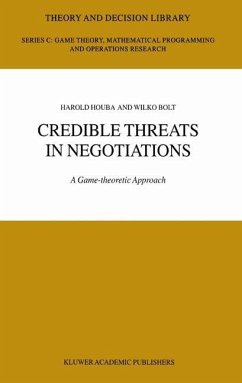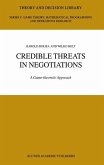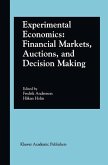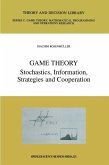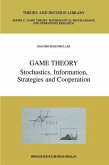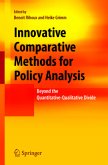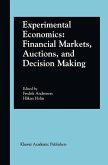The game-theoretic modelling of negotiations has been an active research area for the past five decades, that started with the seminal work by Nobel laureate John Nash in the early 1950s. This book provides a survey of some of the major developments in the field of strategic bargaining models with an emphasize on the role of threats in the negotiation process. Threats are all actions outside the negotiation room that negotiators have ate their disposal and the use of these actions affect the bargaining position of all negotiators. Of course, each negotiator aims to strengthen his own position. Examples of threats are the announcement of a strike by a union in centralized wage bargaining, or a nation's announcement of a trade war directed against other nations in negotiations for trade liberalization. This book is organized on the basis of a simple guiding principle: The situation in which none of the parties involved in the negotiations has threats at its disposal is the natural benchmark for negotiations where the parties can make threats. Also on the technical level, negotiations with variable threats build on and extend the techniques applied in analyzing bargaining situations without threats. The first part of this book, containing chapter 3-6, presents the no-threat case, and the second part, containing chapter 7-10, extends the analysis for negotiation situations where threats are present. A consistent and unifying framework is provided first in 2.
Bitte wählen Sie Ihr Anliegen aus.
Rechnungen
Retourenschein anfordern
Bestellstatus
Storno

